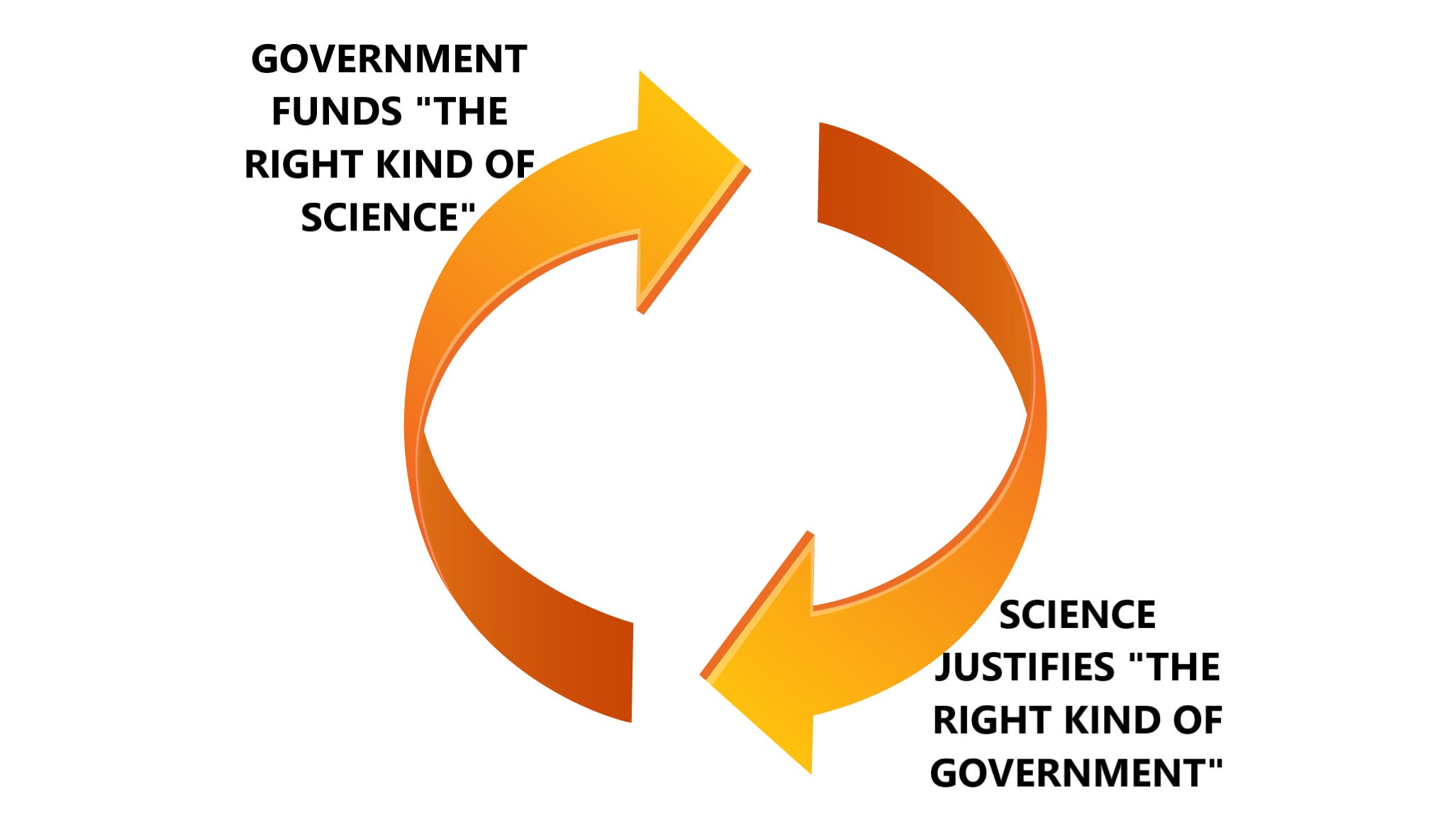
A map is not the terrain.
An abstract is not the study.
In the age of government and corporate financed science driven by grants, sinecure, and sponsorship, scientists face a difficult set of choices.
They must, if they wish to continue receiving largess, toe the party line of state or commercially sponsored science.
Who pays the piper calls the tune, and producing work that does not suit “the narrative” is career suicide. Your funding will dry up.
So may your position, your prospects for advancement, and even your tenure.
You will not be asked to join committees, interviewed for articles, cited, or supported.
But scientists also face another constraint: if a review finds that not only are you doing no useful work (apart from serving propagandists) that will reveal that you have sold out scientific integrity for filthy lucre, and that is the end of peers taking you seriously.
The need to thread this needle and appease both masters has led to an odd practice: many times, the claims made in abstract or conclusions are not supported by the actual data.
This odd compromise sort of works, but mostly, it doesn’t.
It throw those who fund studies and the journals who curate them for ideological purity a bone. the abstract says “X means Y.” this is what they want for the press releases and for waving around.
It also puts the actual data out into the world. This is what other researchers actually need. They can see the facts and will not be gulled by any shaky claims in the conclusion, as they are adept at drawing conclusions from the supporting data.
This leads to the weird outcome of the public and the politicians frequently having one idea about what a study says, and scientists in the field having more or less the opposite take.
https://boriquagato.substack.com/p/telling-the-truth-in-the-age-of-sponsored



